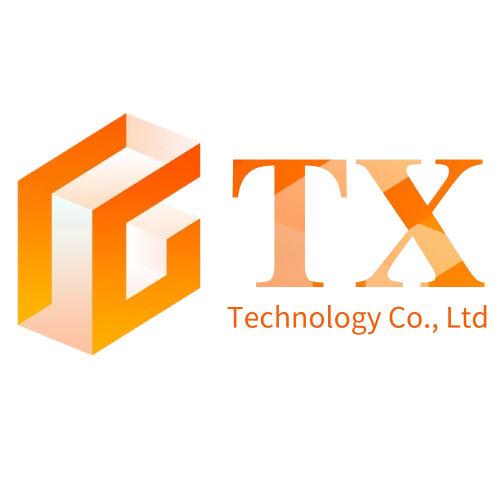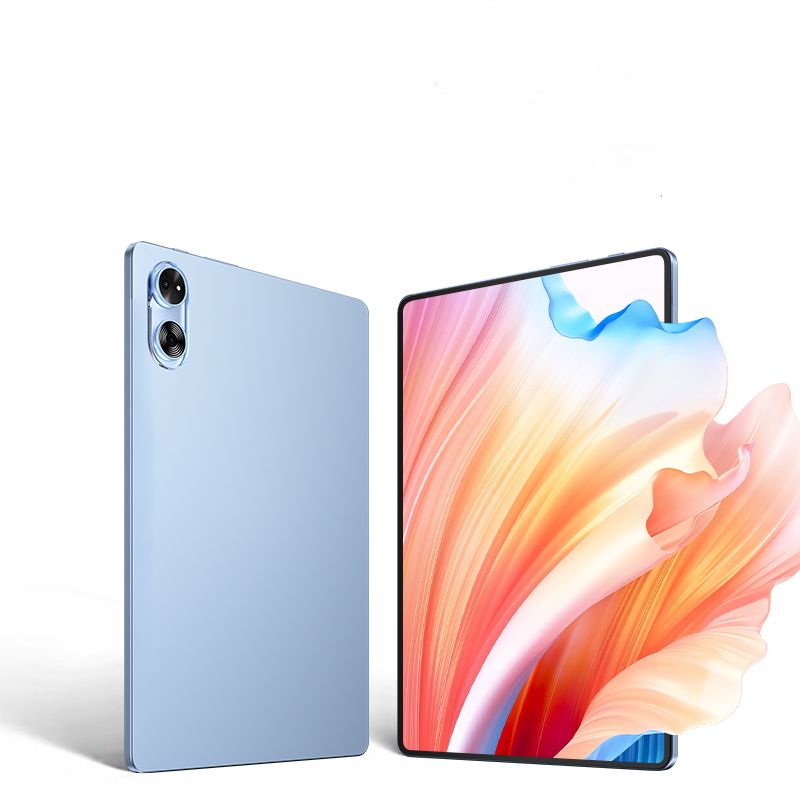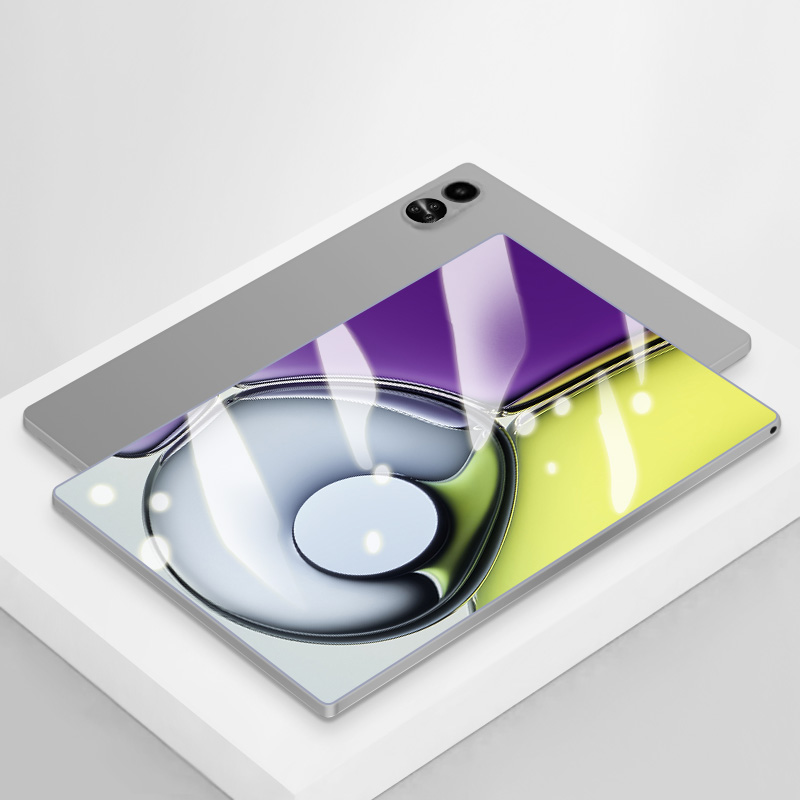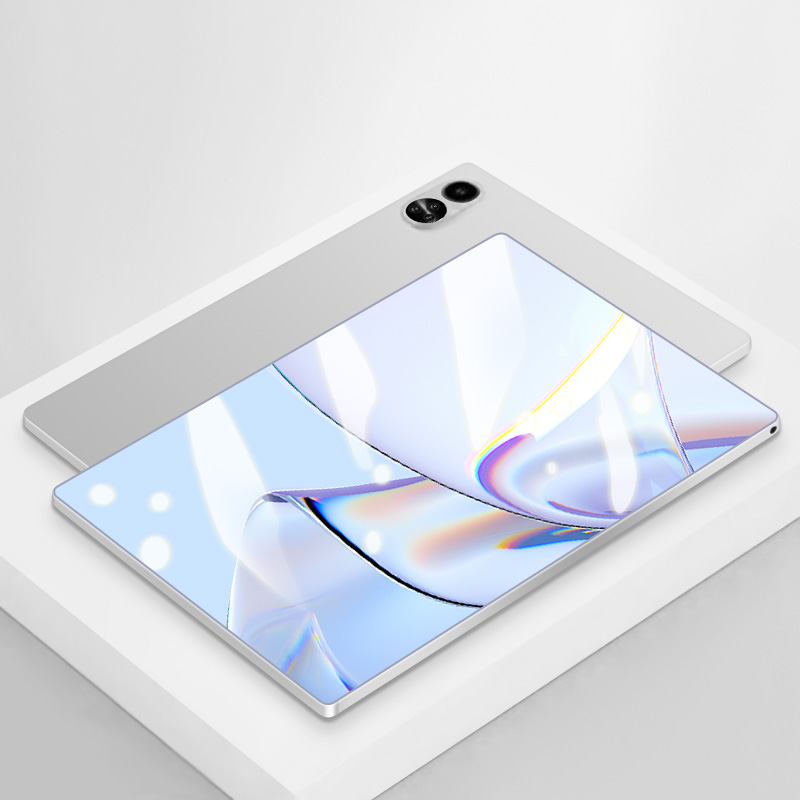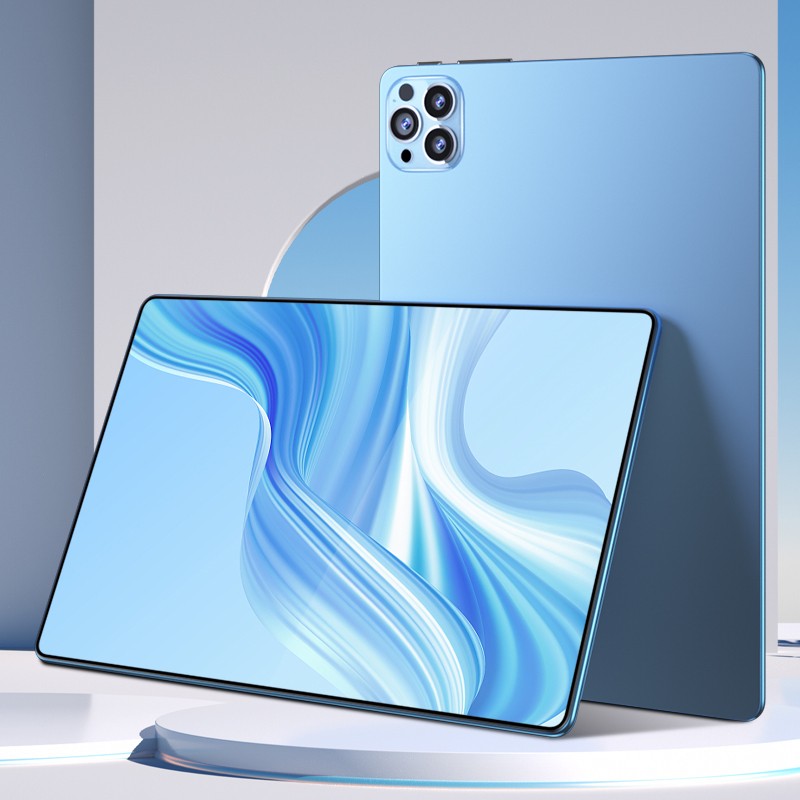How Smart Android Tablets Revolutionize Hospital Management Systems
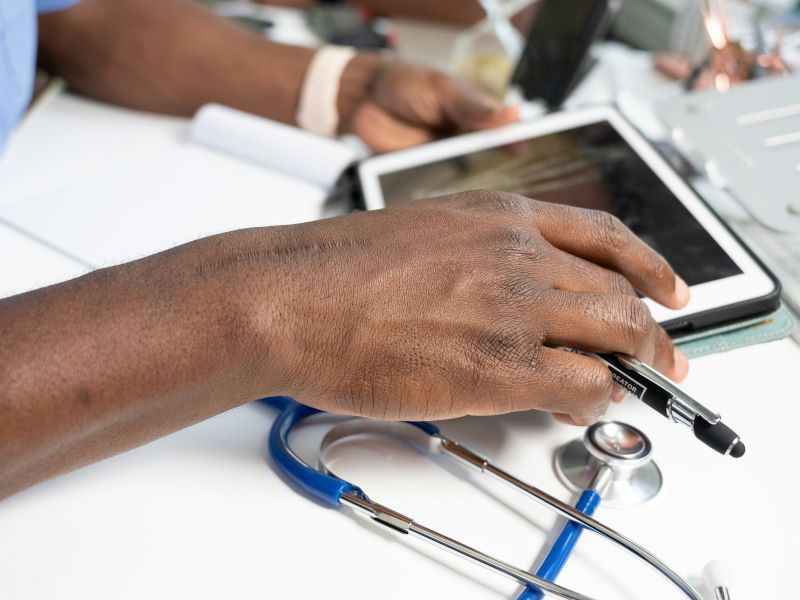
In modern healthcare, efficient management is key to providing high-quality care. Smart Android tablets are proving to be game-changers in hospital settings by enabling seamless integration of various hospital management systems. From managing patient appointments to organizing medical records, Android tablets provide healthcare professionals with the tools they need to optimize workflow, improve patient satisfaction, and enhance operational efficiency.
1. Streamlining Patient Appointments
One of the most crucial aspects of hospital management is handling patient appointments efficiently. Smart Android tablets play a significant role in simplifying this process. Hospitals can use Android tablets to allow patients to easily book, reschedule, or cancel appointments online through integrated apps. These tablets can also display real-time availability, ensuring that patients can schedule their visits at their convenience.
Furthermore, Android tablets can sync with hospital management systems to update appointments automatically. This reduces human error, minimizes scheduling conflicts, and ensures that patients are seen in a timely manner. By integrating these systems into smart Android tablets, hospitals can achieve smoother workflows and reduce administrative burdens.
2. Efficient Queue Management
Another area where smart Android tablets excel is in queue management. Managing long lines and wait times is a common challenge in healthcare settings. However, with the help of Android tablets, hospitals can implement digital queue management systems that provide real-time updates on wait times and patient status.
Patients can check in digitally upon arrival using smart Android tablets, and the system will automatically track their progress in the queue. This not only provides patients with accurate waiting times but also helps staff prioritize and manage patient flow more effectively. Digital queue management leads to a more organized environment and a more pleasant experience for patients.
3. Managing Medical Records Digitally
The transition from paper-based to digital records is essential for modern hospitals. Smart Android tablets play a pivotal role in this transition by allowing medical professionals to access, update, and manage medical records efficiently. These tablets can be equipped with secure apps that comply with healthcare data regulations, ensuring that patient information is safe and easily accessible.
With Android tablets, doctors and nurses can access patient medical histories, previous treatments, prescriptions, and other crucial data at the point of care. This accessibility ensures that healthcare professionals have all the information they need to make informed decisions, resulting in faster diagnoses and better patient outcomes.
Additionally, smart Android tablets make it easier to update records in real-time. As treatments are administered or tests are performed, medical staff can quickly enter data directly into the system, minimizing the risk of errors associated with manual record-keeping.
4. Enhancing Communication Between Departments
Effective communication is vital in hospital management, and smart Android tablets facilitate this communication in various ways. Tablets can be used to send messages and alerts to staff members about patient status, emergencies, or changes in appointments. This real-time communication ensures that all departments stay connected and can collaborate efficiently.
Android tablets can also be used for telemedicine purposes, enabling doctors to consult with specialists or patients remotely. This enhances the hospital's ability to provide care to patients who may not be able to visit in person, improving accessibility and reducing hospital congestion.
5. Optimizing Hospital Operations
Beyond patient-facing applications, smart Android tablets can optimize many internal operations. For example, tablets can be used by administrative staff to manage inventory, track equipment, and monitor hospital supplies. This helps ensure that hospitals remain stocked with essential materials and can quickly address any shortages.
Additionally, Android tablets can be employed to manage employee schedules, monitor patient satisfaction through feedback forms, and provide access to training resources for hospital staff. By integrating these functions into a single device, hospitals can reduce inefficiencies and streamline operations.
6. Improving Patient Experience
At the core of smart Android tablets is their ability to improve the overall patient experience. When patients feel that their time is being respected, their appointments are well-managed, and their care is organized, they are more likely to have a positive view of the hospital. Smart Android tablets help create a patient-centered environment by making interactions faster, smoother, and more transparent.
Tablets also allow patients to access helpful information about their treatment plan, medication instructions, and recovery tips, all in one place. This digital interaction empowers patients to take an active role in their healthcare and ensures they are more informed throughout their treatment process.
How Tuoxiang Can Support Your Hospital’s Digital Transformation
At Tuoxiang, we provide smart Android tablets that are tailored for hospital management systems. Our tablets are optimized for healthcare applications, with robust security features and long-lasting durability, ensuring they perform under the demanding conditions of hospital environments. We offer customizable solutions that integrate seamlessly with your existing systems, whether you need tablets for patient appointment management, queue management, or medical record keeping.
Our smart Android tablets are available in bulk, making it easy for hospitals of all sizes to implement a comprehensive digital strategy. By working with us, hospitals can enhance operational efficiency, reduce errors, and create a more organized, patient-friendly environment.
Conclusion
Smart Android tablets are transforming hospital management by streamlining appointment scheduling, improving queue management, facilitating medical record access, and enhancing communication between departments. With their ability to integrate and optimize various systems, these tablets play a crucial role in the digitalization of healthcare.
By incorporating smart Android tablets into hospital workflows, healthcare providers can ensure more efficient operations, better patient care, and a more satisfying overall experience. To take your hospital’s management system to the next level, contact Tuoxiang for customized Android tablet solutions designed to meet your needs.
